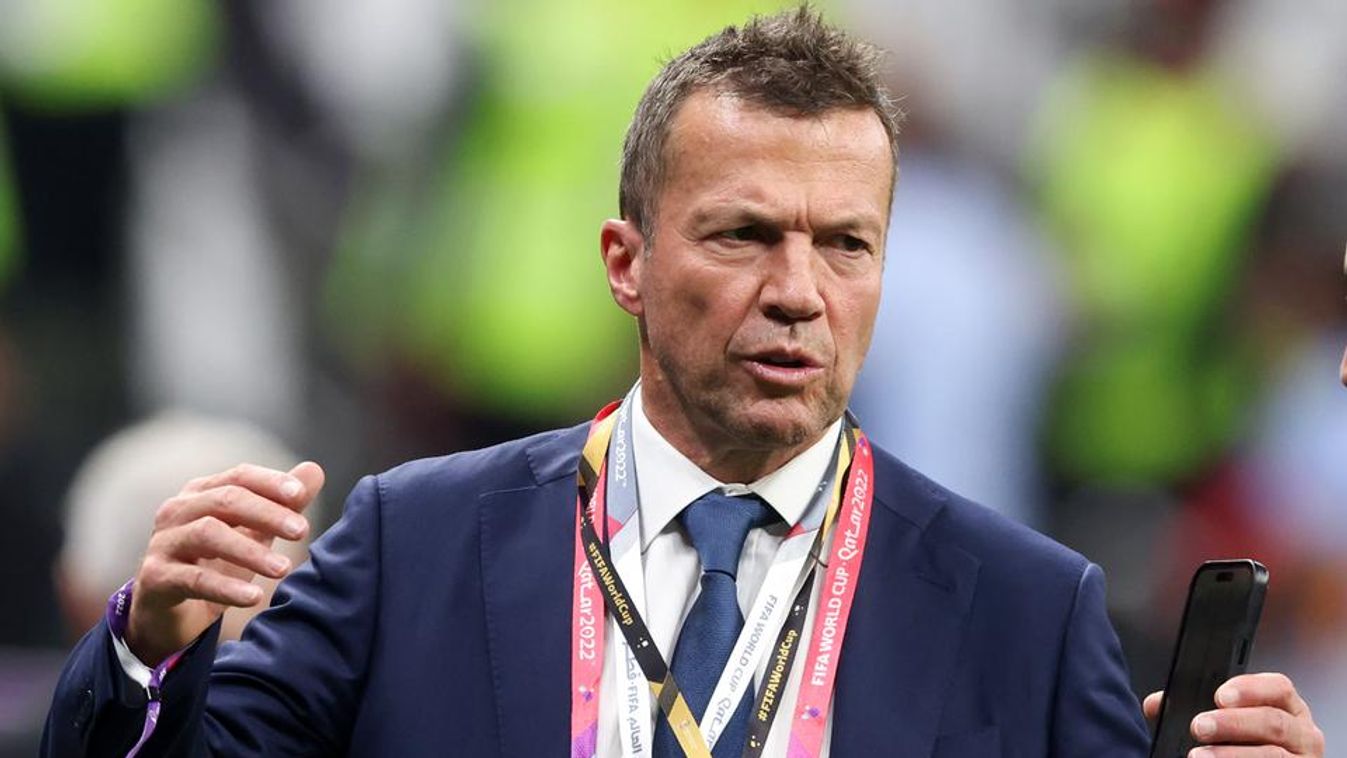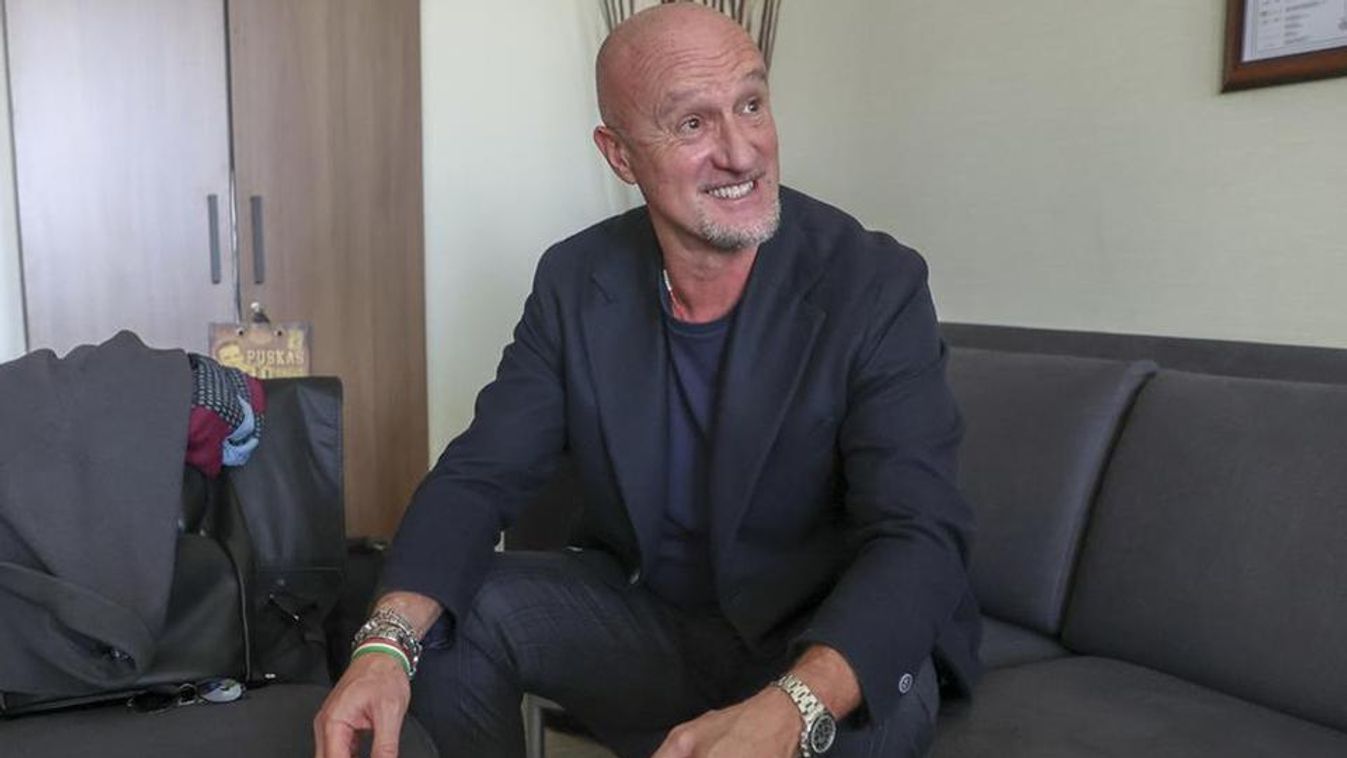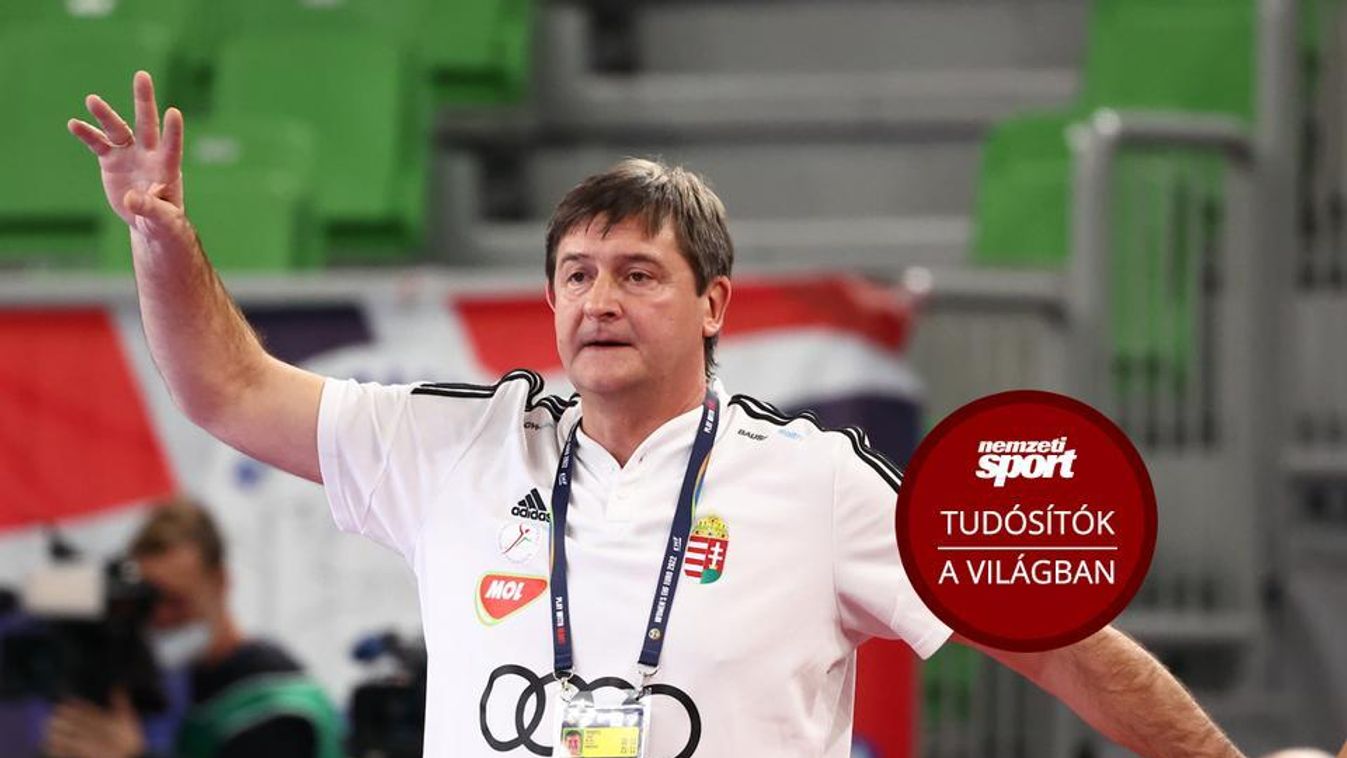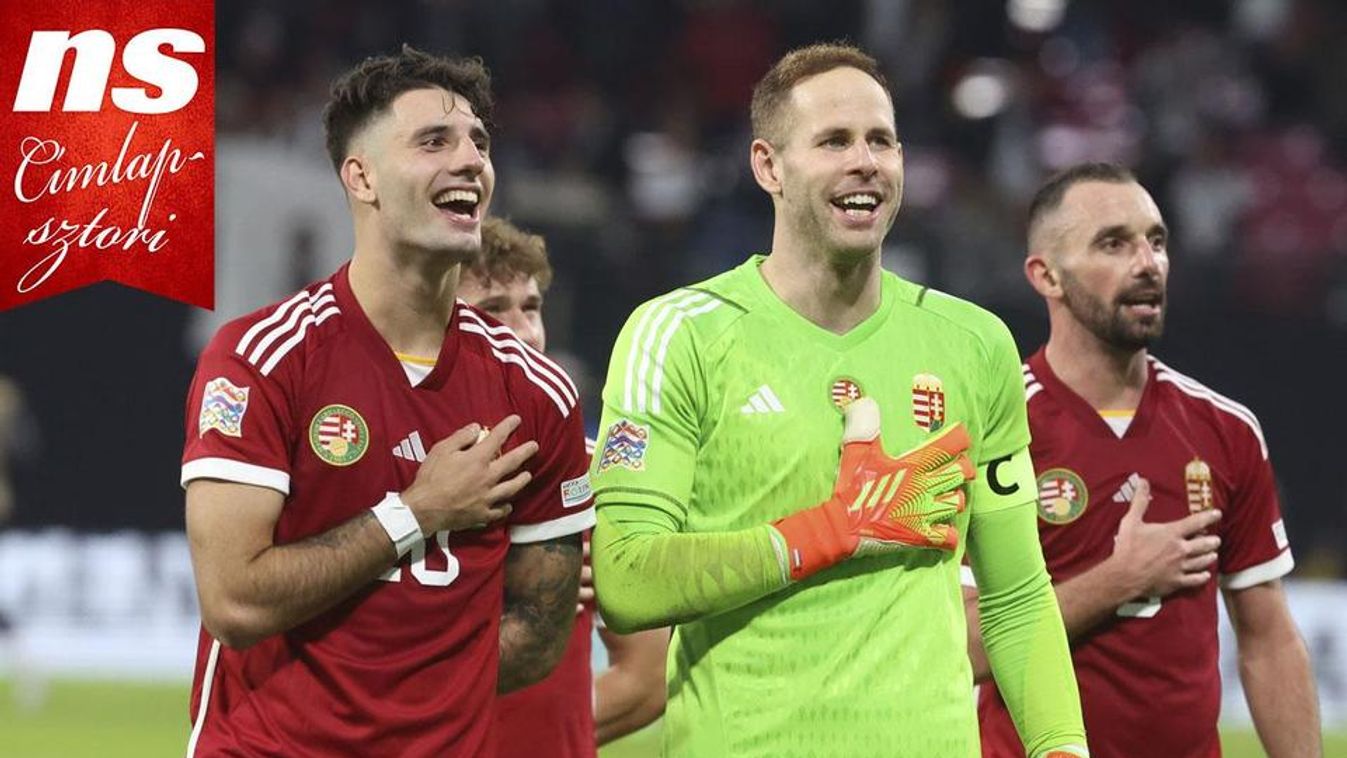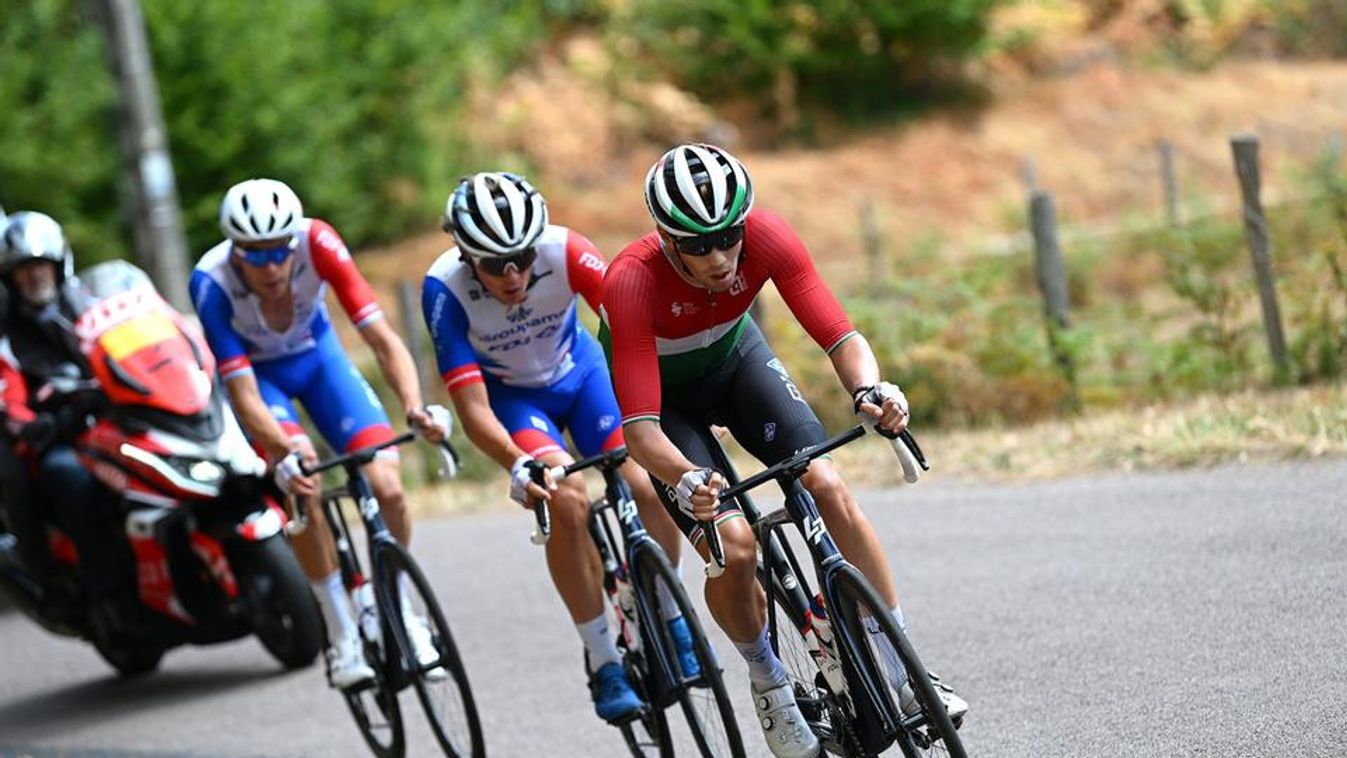Recollections of Sándor Schwarcz, prisoner no. 17854 of Auschwitz
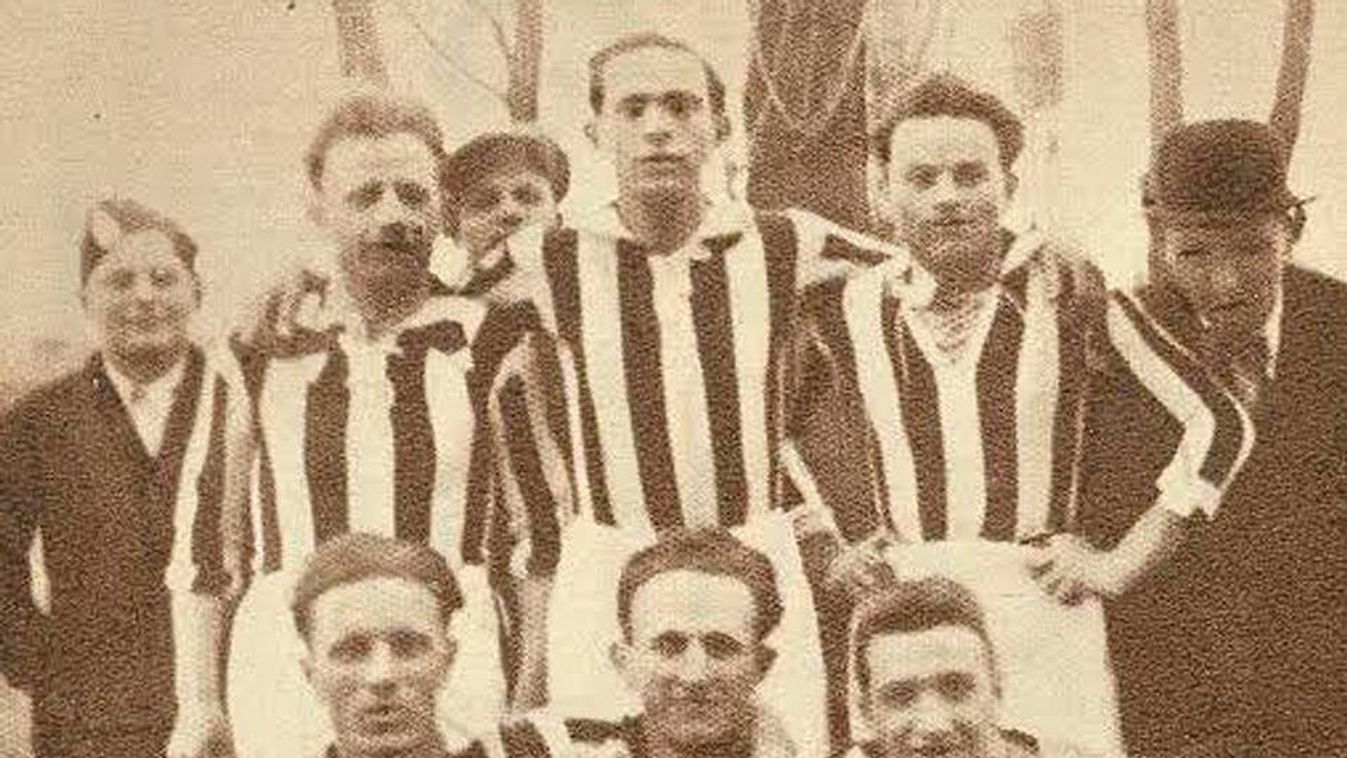
The peculiar and astounding football life of the Auschwitz-Birkenau concentration camp can be traced in several recollections (including the memoir of Miklós Nyiszli, a prisoner employed as an autopsy doctor by Josef Mengele, or the Polish writer Tadeusz Borowski), but the most detailed of what happened was written by survivor Sándor Schwarcz. To be more precise, it was not him, but journalist Gábor L. Kelemen who summed up the experiences of the Jewish man who was deported from Debrecen. The thin notebook includes experiences in Auschwitz from July 1, 1944, to January 18, 1945. In the first edition published in 1981, Goal at the Gate of Death seeks to evoke the football adventures experienced in the Nazi concentration camp in a storytelling style and with imaginary dialogues. Later, Schwarcz's memoirs were published in a book titled In the Valley of the Shadow of Death. Another important source is Mihály Sándor's interview in 1995, the details of which can be found in the sports historian's book The Illustrated Guide of the Footballer in Debrecen, starting with the military review after arrival.
"When we were chased out of the barracks and lined up on the dreaded Appelplatz, a middle-aged SS officer asked who was playing football back home. As soon as his question was translated, I applied immediately. He was prying into which Hungarian club I was playing for. I named Bocskai without hesitation. Come on, Bocskai and me?! That's when I noticed that Dezső Steinberger, patron of Balmazújváros, owner of the Reiner flour mill was with him. He had great relations with Bocskai back home. In Auschwitz, he acted as an all-rounder alongside a team of gypsies and Jews. He spoke German well, and he interpreted, too. I was dizzy from the recognition. I thought I was done, and that the paramilitary with a (Jewish) labor battalion was going to execute me. Steinberger did not even blink even though he knew exactly who I was, and that I was out of the question at Bocskai. By the way, he survived the horrors and was the manager of the world-famous Internazionale under the name Desiderio Solti at a time."
The story of Schwarcz can also be learned from Judit Marsó's long and detailed interview in 2006, which was brought to our attention by journalist Tamás Sz. Nagy, former deputy editor-in-chief of the Nemzeti Sport and author of bunteto.com. During a recorded conversation at the request of the Gerontological Research Institute, the former director of Centrum Áruház in Debrecen, at the age of 94 – one year before his death – gave a shocking interview of what he experienced as a resident of barrack number nine. Based on the code tattooed onto his skin, prisoner 17854 met his fellow prisoner 10475 here.
"Steinberger was an older resident of the camp, so he could tell us a lot about it. He's the one who told me why chimneys give off smoke, why people are terrified of saying the word ‘shower.' That's when I realized how many ways we can die, and even how we must die here. (...) I was shocked by Steinberger's words when he said, 'Sanyi! Don't think a football-obsessed SS officer is any different from the others. He's just as cruel, but he loves football, that's why he's putting on a football team. (...) There are at least five teams, you'll have to play round-robin matches.'"
As the last piece of advice, Steinberger promised his fellow sportsman in Debrecen to take care of himself while playing, not to get a limp, because "(...) a limping footballer is not taken to the sports hospital here, but to the gas chamber." Next came the match against the unknown prisoner team.
"The stakes were too high: a goal or a revolver bullet. The acknowledgment: food, a tot of palinka and life. Early Sunday morning, we went to another barrack to change. Long-sleeved top, short, shin pads, and high-quality leather football shoes replaced the striped prison clothes. It was here that I met my fellow players, the German Romanis, and Weigner, who was a former professional player for Kispest (his name was Jakab Wégner, and played for Kispest between 1926 and 1929 – P. Cs). We marched to the football field with military escorts from the Gypsy Camp. (...) There was a double-wire fence on the other side. Across the road was the crematorium, next to the gas chambers. The chimneys also emanated nauseous smoke on Sunday. (...) Despite our language barriers, we tried to distribute who should play in what position. We drew in the dust, and that's how I became a right-back.
| The camp football narrated by Sándor Schwarcz may remind us of the Hollywood film Escape to Victory, which was released in 1981. Directed by John Huston, and the cast included Sylvester Stallone, Michael Caine, and Pelé. The production, filmed in Budapest, is based on Zoltán Fábri's 1961 film Two Halves in Hell, which was probably inspired by a case that took place in Kyiv in 1942. Interestingly, filmmaker Steven Spielberg, as president of Survivors of the Visual History Foundation, conducted a 10-hour interview with Sándor Schwarcz about his memories of World War II. |
According to the description, football in Auschwitz was primarily used to entertain guards betting on their own teams. Also, players chosen for the occasional squad received an extraordinary privilege.
"I wasn't taken to work because we trained every day, so I was protected. The black jersey meant protection. The terrible thing was seeing the newer groups being herded into the gas chambers near the training camp. By the time our training was over, there was smoke flying high. There was a choking smell of human remains – it pinched our eyes and especially our souls. We played our second game the following Thursday afternoon. We, once again, didn't know who our opponent was going to be. There were no Hungarians on that team either, but they were also prisoners. They must have come a long time ago because they were much thinner than we were. When we led 4-0, a scandal broke out. Three German officers came with the opponent, and they were drunk. They could've been the part owners of the team, supporting each other and laughing together. Then, when a defender committed a foul in front of the opponent's goal, the referee whistled immediately and pointed to the penalty area. The penalty kick resulted in another goal. That's when one of the drunk SS soldiers ran into the field screaming - shocking all of us - punching and beating the referee wherever he could. Then, his colleagues joined him, and the three of them kicked him. [...] After his blood was already flooding, he was rushed off the field. It was a horrible sight, we stood helpless for a while. There was nothing we could do for him because it would've been suicide. The match continued with a coastguard being the referee. I could see him trembling on the pitch, constantly watching the Germans accept his decisions, or else his fate will be the same as the previous referee's. At the end of that day, we won 5-1."
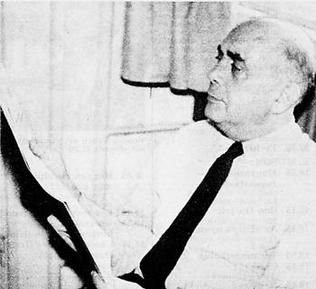
Thanks to the copying of the football world outside, a masseur was even ordered for Schwarcz's team ("He was the man who was able to massage not only with his hands but also with his heart"). The gypsy team, supplemented by guest players, won their third and fourth games.
"Only the German officer was happy with the 6-0 victory. Then, early in the morning the following day, everything did a 180-degree turn. There was no going in and out. The closed barracks meant massacre. That's when they took the inhabitants of whole blocks to kill. We were trembling all over. Angry barking and railing words of command were heard. Dogs and their owners worked together, but their noise couldn't suppress people's cry of pain who were facing the end. Children, mothers, fathers, German gypsies. It was going on for a whole day. In my mind, I heard the pleas and rejection as thousands of people were struck by racist austerity. The cacophony was terrible until the next morning. Then when it stopped, the silence was so painful. All the barracks in the area were empty. They took everyone. My teammates were all killed. Because of the unknown language, I couldn't talk to them, but I considered them my friends. We fought together, we fought for life together. My football career is over. The Slovakian barrack leader made me take off the football jersey, then gave me the prison clothes and threw me out."
A few months later, the Debrecen player was sent to the field once more as a member of an international prisoners' team.
“At the time, however, I was already 20 kilos lighter because the food contained fewer calories. Our opponent was the team of well-fed Germans who positions in the camp. (...) I became a center-back, but I couldn't run, I was just loitering on the field. I knew we weren't supposed to win, and not to provoke the German sergeant who was standing next to the goal, I kicked the ball next to the net in the safest goal situations as well. Every time they got into a difficult situation, he started to rage. In this match, I laid on the ground more than I stood. We lost to them 8-0. The opponent celebrated their victory, but that didn't bother me at all. It was my last match in the camp."
Translated by Vanda Orosz.

Tennis: Babos and Mladenovic to play together again
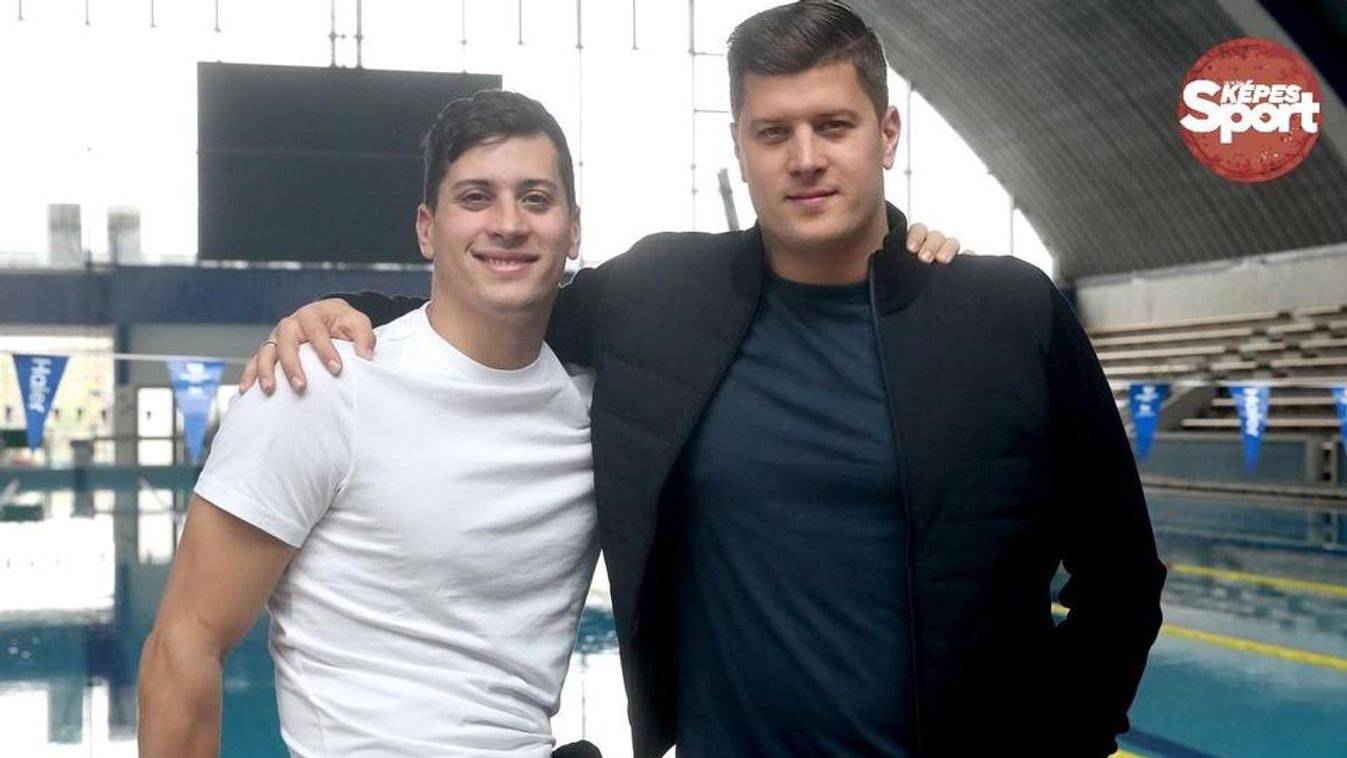
The Gyurta brothers swam together, not against each other

Elkezdődött: összecsaptak Ukrajnában a franciák az oroszokkal

Nagy a baj: Izrael megtámadja Iránt

Nem a férjéhez fordul Katalin a nehéz időkben: másik férfi a legnagyobb támogatója

Ellepték a rendőrök Budát, utóbb elmondták, mi történt

Már Jürgen Klopp is lemondott róla? Szoboszlait támadják Angliában

Egymásnak estek az uniós vezetők

Drámai a helyzet: napokon belül kirobbanhat a világháború

Mi van a férfiakkal? Döbbenetesen kevesen követik a világ egyik legszexibb sportolónőjét

Sajtóhírek szerint Nagelsmann egyre közelebb a Bayernhez való visszatéréshez

Jova Levente: Megfogadjuk Gera Zoltán tanácsait, jó edzések vannak, előreléptünk vele

Gyász: elhunyt az 1974-es világbajnok német futballválogatott szélsője



